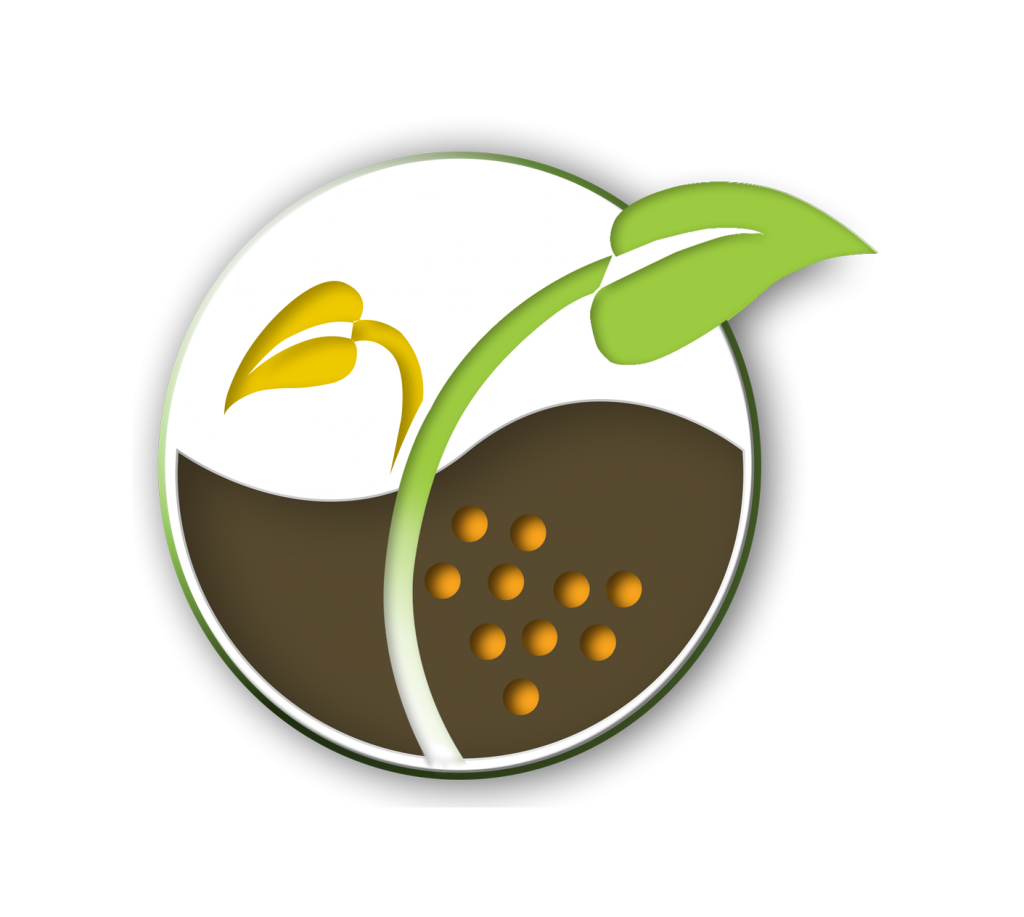N. López-López, G. Segarra, O. Vergara, A. Lopez-Fabal and M.I. Trillas 2016. Biological Control, 95:31-39.
Fusarium circinatum is a quarantine pathogen in numerous countries that causes important economic losses in forest nurseries and mature pine trees. Alternatives to chemical control of plant diseases such as suppressive composts and the use of biological control agents in growth media can reduce the incidence and spread of disease. In this work, four gorse composts obtained from forest cleaning green wastes and reference compost prepared from the organic fraction of solid urban waste were studied as environmentally sustainable peat substitutes. Their ability to suppress the effects of mating types M1 and M2 of the pathogen F. circinatum on Pinus radiata was evaluated in the presence or absence of the biocontrol agent Trichoderma asperellum strain T34. One of the gorse composts was more suppressive than the reference compost (15% and 55% of disease incidence, respectively). The former had a low EC, moderate amounts of P, Ca, Mg and K, and high levels of NH4+, as well as moderate levels of Ca, B and oligotrophic actinomycetes, the highest levels of total fungi, moderate levels of Trichoderma spp. and the lowest levels of Fusarium spp.
Adding T34 to the moderately suppressive and non-suppressive composts decreased pre- and post-emergence incidence of the disease by up to 50%.
Más información sobre la publicación aqui.



